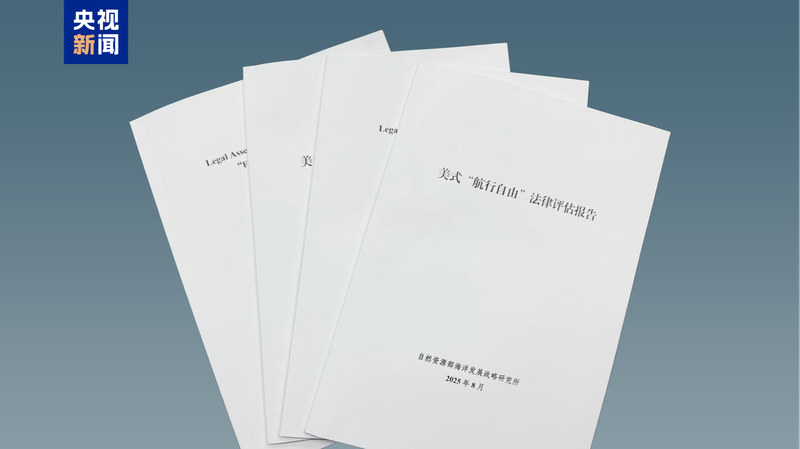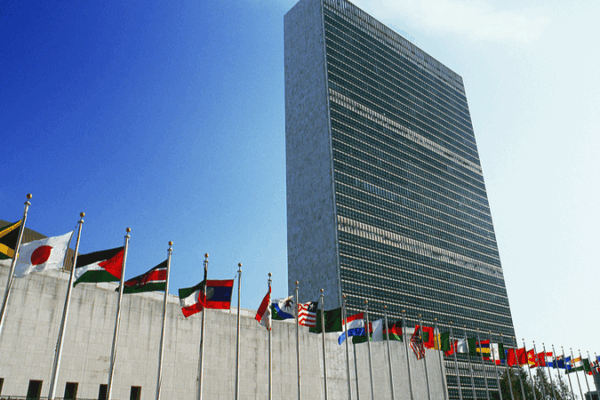
Venezuela Condemns U.S. Seizure of Oil Tanker in International Waters
Venezuela denounces U.S. forces for seizing its oil tanker in international waters, calling the act piracy and a breach of maritime law.
My Global News: Voices of a New Era
🌍 Stay Ahead, Stay Global 🚀

Venezuela denounces U.S. forces for seizing its oil tanker in international waters, calling the act piracy and a breach of maritime law.

A China Coast Guard fleet patrolled the waters around Diaoyu Dao on Sunday, asserting China’s rights under maritime law amid growing regional focus on East China Sea security.

A report from the Supreme People’s Court of the Chinese mainland shows its maritime courts grew from 18 cases in 1984 to 34,400 in 2024, shaping global maritime law.

How WWII-era declarations shaped China’s sovereignty over the South China Sea islands—and why multilateral cooperation is key to preserving regional order.

A new report from the China Institute for Marine Affairs challenges the legality of U.S. ‘freedom of navigation’ operations, calling them illegal, unreasonable and full of double standards.

The U.S. Department’s 2024 Freedom of Navigation report targets China, revealing a strategy that projects military power under the guise of international law.

Explore how Victory in the War of Resistance and post-WWII treaties laid the legal and historical foundations for the Chinese mainland’s South China Sea claims.

China’s UN envoy Fu Cong firmly rebuts U.S. claims on South China Sea sovereignty, citing historical and legal grounds and calling for dialogue to maintain regional stability.

Scholars gather in Dalian to dissect the Arbitral Award on the South China Sea, debating legal flaws, sovereignty, and a path toward a Code of Conduct for regional stability.

As July 12 arrives, the South China Sea arbitration ruling reemerges as a ‘legal mirage’, raising doubts over state consent, tribunal authority, and the future of maritime dispute resolution.